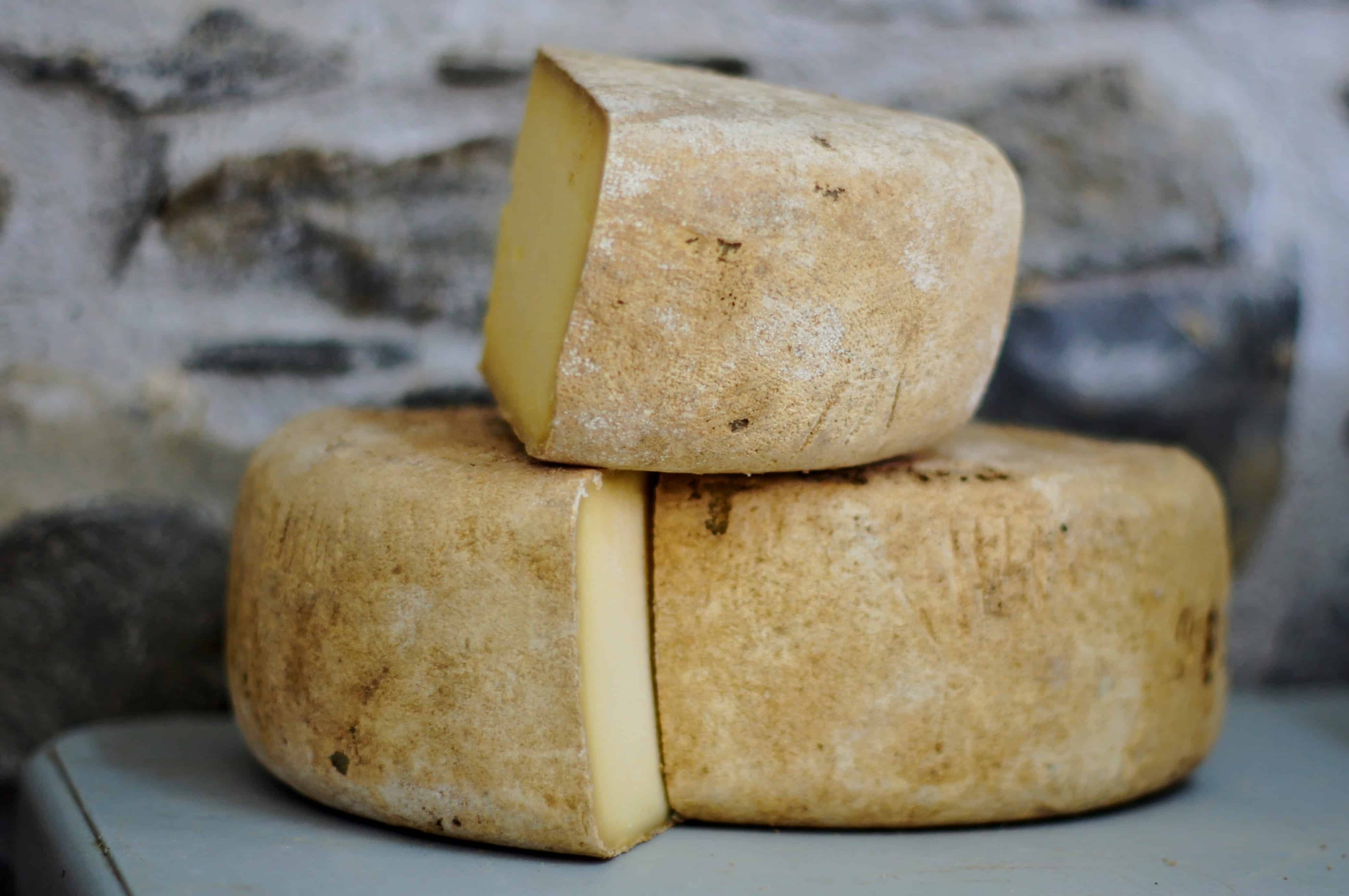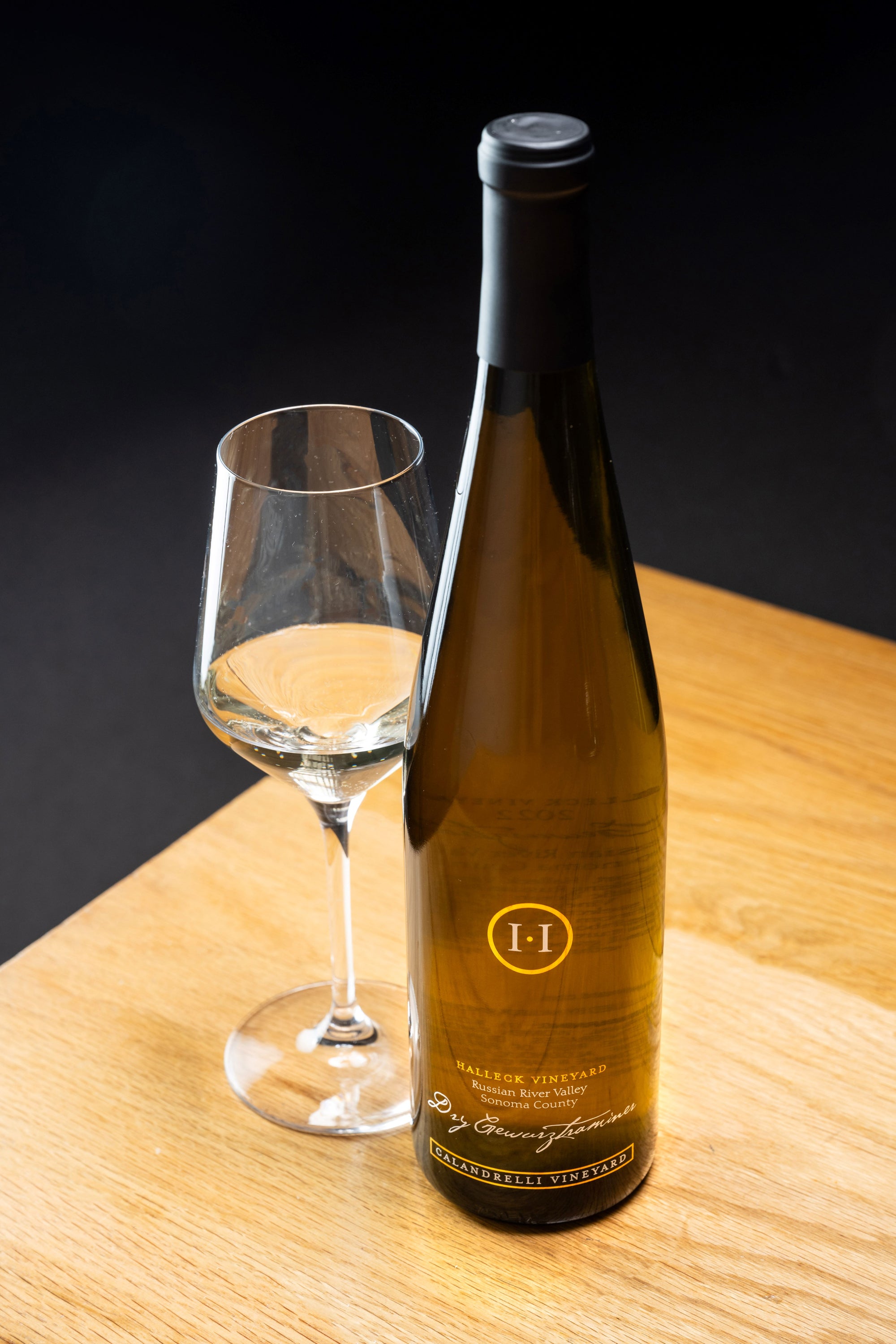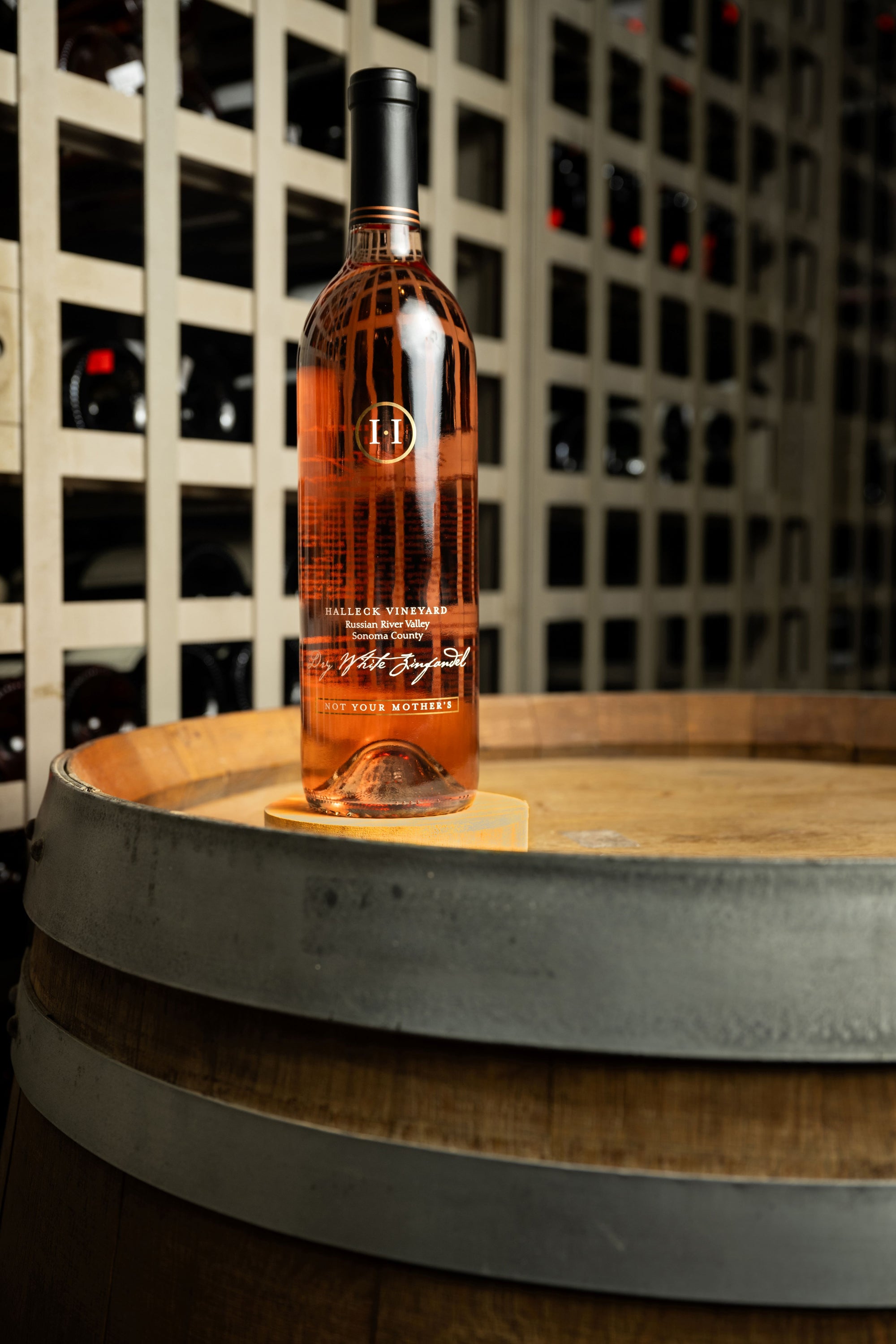Wineries Near Santa Rosa - Local Wineries In Sebastopol
Remarkable Craft Wineries In Sebastopol - Enjoying The Best Wineries In Sebastopol
Wine tasting is commonly regarded as an art type, one that goes beyond merely having fun with a beverage. It embraces a fancy interaction of flavors, aromas, and textures that requires dedicated practice to really master. Many who enterprise into the world of wine tasting rapidly realize that it entails much more than simply sipping wine. Enhancing sensory skills through devoted winery wine tasting can elevate the experience, reworking an informal drinking occasion into a sophisticated exploration of the senses.
At a fundamental level, wine tasting engages the senses of sight, smell, taste, contact, and even sound. Every part performs a crucial role in appreciating the nuances of a wine. When one first pours a glass of wine, the wealthy hues can present initial insights into its age and varietal. Observing the colour and readability helps type expectations in regards to the wine's flavor profile. Many don’t absolutely respect how this visual evaluation can set the stage for what is to follow.
The subsequent step is to interact the sense of smell. Swirling the glass aerates the wine, allowing its risky compounds to flee and fill the air with its bouquet. The nose entails some fascinating layers—different aromas can signal various aspects of the winemaking course of, together with the type of grapes used, fermentation strategies, and growing older circumstances. Growing a keen sense of odor could be a game-changer in wine tasting.
Eco-Friendly Wineries In Sonoma County - Sonoma Wine Country Wineries To Explore
To improve this sensory skill, wine enthusiasts are often encouraged to participate in devoted tastings at wineries. These tastings allow people to focus solely on the sensory experience (Wineries Promoting Sustainable Farming). Tasting classes led by knowledgeable sommeliers or winemakers can provide insights into figuring out distinct aromas. Learning to distinguish between floral, fruity, earthy, and spicy notes can empower a taster to articulate their experience with greater precision.
As one practices their sensory skills, they might discover that their style preferences evolve. This transformation often occurs after multiple tastings. A wine that originally seemed overwhelming may reveal hidden layers of complexity with a little bit of experience. Understanding how to isolate particular person flavors corresponding to acidity, sweetness, bitterness, and umami contributes considerably to the overall wine experience.
One Other essential element in improving sensory skills is the context by which wine is tasted. Environmental elements like temperature, lighting, and even the company present can influence perceptions. At a winery, an optimum setting can cut back distractions and enable a extra profound exploration of the wine (Spectacular Vineyard Views In Sonoma). Working Towards aware tasting techniques encourages a extra immersive experience, allowing tasters to hone in on their senses.
It is not solely about individual notion, though. Partaking with others throughout a tasting also can improve sensory skills. Sharing notes and discussing impressions fosters a deeper understanding of the wine. This collaborative approach encourages members to articulate their sensory experiences, thereby broadening their linguistic repertoire related to wine tasting.
Interactive Wine Tasting Experiences In Sonoma - Sonoma Wineries With Vineyard Views
Moreover, pairing wine with food can significantly enhance the tasting experience. Completely Different mixtures can deliver out distinctive flavors in each the wine and the dish. As one tastes a wine alongside specific foods, they can begin to acknowledge how certain parts within the wine complement or contrast with what they're eating. This skill of pairing is another layer that enriches sensory growth.
Training one’s palate can involve a wide selection of workouts. Some enthusiasts have interaction in systematic tasting experiences, sampling a range my latest blog post of wines that showcase completely different varietals, regions, or vintages. Exploring this variety can sharpen the ability to discern nuances across totally different wine profiles. Over time, this practice builds a psychological library of flavors that might be accessed throughout future tastings.
Notably, written notes serve a dual objective: organizing one’s thoughts and reinforcing memory. By writing down observations about every wine, tasters can observe their progress over time. Detailing the characteristics of wines assists in solidifying information, ultimately deepening one’s appreciation of what they eat.
Moreover, attending workshops or classes centered on sensory analysis can be helpful. Many wineries supply these educational programs to assist individuals refine their skills. Usually, educated instructors guide individuals through structured tastings, specializing in specific parts of the wine. This level of schooling reinforces the sensory skills asynchronously and challenges tasters to contemplate their experiences from completely different angles.
Wineries Renowned For Cabernet Sauvignon In Sonoma - Finding Good Wineries For Wine Tasting

Over time, the dedication to bettering sensory skills by way of dedicated winery wine tasting can yield vital rewards. The enjoyment derived from wine turns into layered and multifaceted. No longer restricted to a simple desire for "red" or "white," tasters begin to understand the stories behind each pour. They domesticate a palette capable of navigating the complex landscape of flavors with confidence.
In conclusion, the journey of enhancing sensory skills through devoted winery wine tasting is as rewarding as it's pleasant. It requires focus, commitment, and a willingness to be taught, but the outcomes far exceed the preliminary effort. By participating multiple senses and participating in considerate discussions, people not solely become more proficient at figuring out flavors but in addition develop a deeper appreciation for the craftsmanship behind each bottle. The course of transforms wine from a mere beverage right into a wealthy tapestry of sensory exploration that beckons enthusiasts to delve deeper. As skills improve, so too does the enjoyment, enriching life experiences one sip at a time.
Wineries With Scenic Views - Sebastopol Vineyard Experiences
- Partaking the palate through various wine varieties enhances the power to distinguish flavors and aromas, refining overall sensory notion.
- Collaborating in guided tastings promotes focused attention on refined characteristics of each wine, nurturing critical tasting skills.
- Studying to identify particular grape varieties fosters a deeper understanding of terroir, which aids in recognizing regional flavor profiles.
- Incorporating food pairings throughout tastings can heighten sensory consciousness, as different tastes can influence one another and alter perceptions.
- Working Towards the art of swirling and nosing wines permits people to attach olfactory cues with taste, improving the flexibility to articulate sensory experiences.
- Attending workshops that emphasize blind tastings trains participants to rely purely on their senses quite than preconceived notions, enhancing objectivity.
- Elevating sensory skills can result in higher wine choice talents, empowering people to make informed selections primarily based on personal preferences.
- Partaking with knowledgeable sommeliers provides insights into wine-making processes, which deepens sensory appreciation and enhances vocabulary for describing wines.
- Regular participation in tastings encourages memory growth of flavors and aromas, aiding in the formation of a personalized sensory profile over time.
- Sharing tasting experiences with friends fosters dialogue, selling communal studying that may improve individual sensory skills via collaboration.undefinedWhat is the aim of enhancing sensory skills through wine tasting?

Bettering sensory skills via wine tasting allows people to boost their capability to establish and recognize the varied aromas, flavors, and textures of wine. This heightened sensory awareness can lead to a deeper understanding of wine and an general enriched tasting experience.
Wineries In The Heart Of Sonoma County Wine Region - Vineyards Near Sebastopol
How can I develop my sensory skills at a winery?
You can develop your sensory skills at a winery by taking part in guided tasting sessions that target specific varietals. Interact with educated staff who can present insights and encourage you to take notes on your impressions, enhancing both your observational and descriptive talents.
What should I count on throughout a devoted wine tasting experience?
Wineries With Unique Varietals - Vineyard Visits And Wine Tasting In Sonoma
During a dedicated wine tasting experience, expect to pattern a number of wines while receiving targeted training about each one. You Will study in regards to the winemaking course of, tasting techniques, and the means to discern completely different sensory characteristics, all in a relaxed environment.

Is prior data of wine needed to benefit from a sensory skills workshop?
- Wineries With Live Music Events Occasionally
No prior information of wine is important; the workshops are designed for all levels of experience. Beginners will discover priceless information to construct from, while seasoned tasters can refine their skills and increase their palate even further.
How do sensory skills influence my overall wine appreciation?
Cultural Wine Experiences In Sonoma County - Top Sonoma Wine Tasting Destinations
Enhancing sensory skills considerably enhances your total wine appreciation by allowing you to determine subtleties and complexities in wines. This deeper understanding enriches your tasting experience and helps you make knowledgeable choices primarily based on personal preferences.
Are there particular techniques I ought to use whereas tasting wine to improve my sensory skills?
Affordable Wine Tastings In Sonoma County - Exploring The Vineyards In Sonoma County
Yes, employing techniques such because the "SWOT" method (Sight, Swirl, Odor, Sip, Savor) could be beneficial. Pay attention to the wine's appearance, aromatics, and mouthfeel, and take your time with every sip to totally explore the flavors and sensations.
What type of wines are usually included in sensory skills tastings?
Typically, sensory skills tastings include quite so much of wines that showcase different areas, varietals, and styles. This diversity helps members determine distinct characteristics why not find out more and enhances their capability to differentiate between wines.
Can sensory skills workshops be personalized to my tasting interests?
Wineries Featuring Vineyard Tours - Enjoying Wine Tastings And Vineyards Near Sebastopol
Many wineries offer personalized choices for sensory skills workshops, allowing you to give attention to particular forms of wines or themes that interest you, similar to organic wines or distinctive regional offerings. It's finest to inquire directly with the winery for tailored experiences.
Is there a method to practice sensory skills after leaving the winery?
Sure, you can practice your sensory skills at home by tasting completely different wines and keeping a tasting journal. Experimenting with various food pairings and aromatics can further enhance your understanding of how flavors work together, reinforcing the abilities gained at the winery.